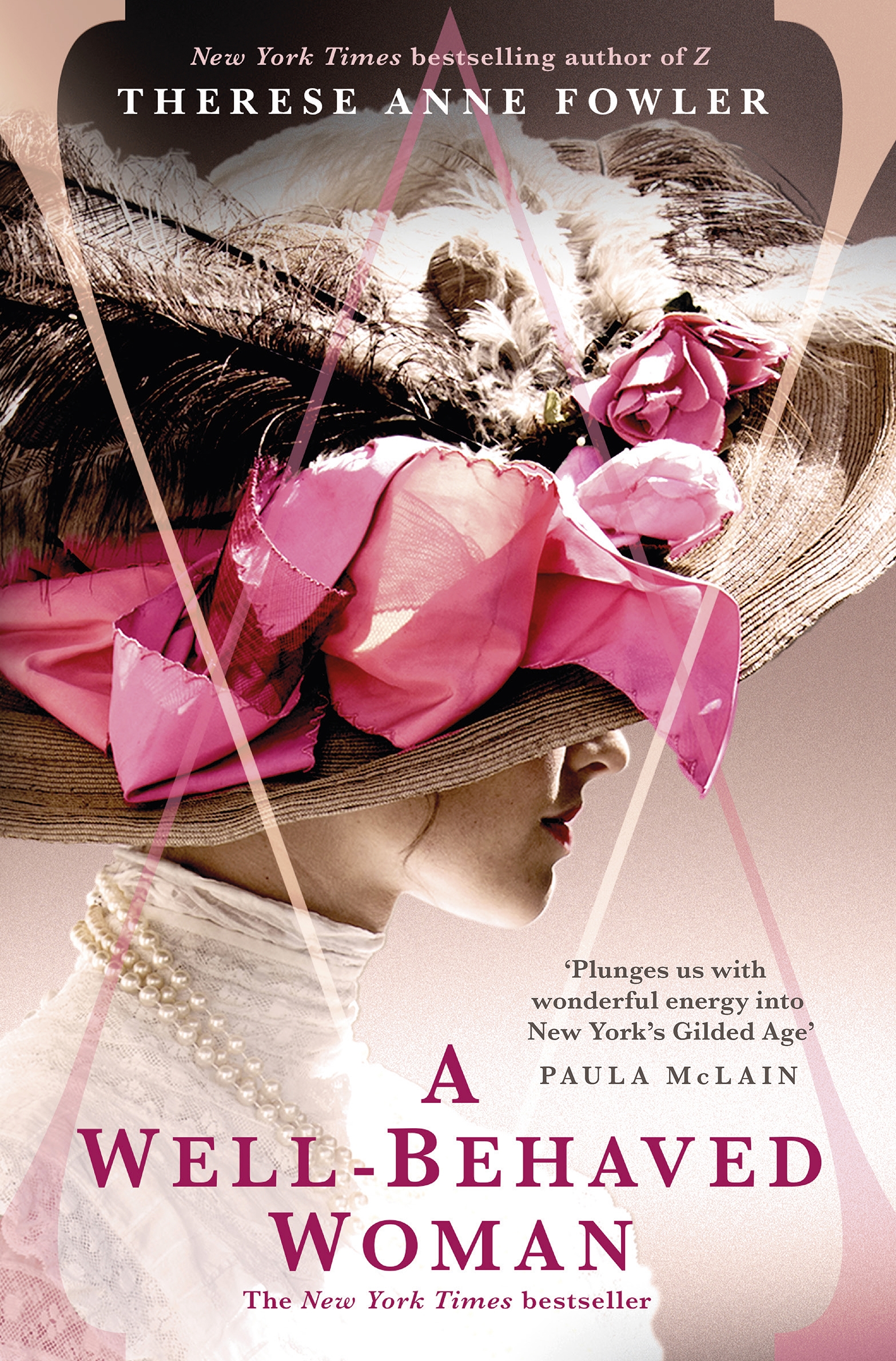

Such is her resolve that when the family are refused a box seat at the Academy of Music, she founded the Metropolitan Opera House.Īs a consequence of Alva’s manoeuvring through society, she became the driving force in establishing the Vanderbilts as of the most influential dynasties of the age. Still excluded by the New York establishment, Alva utilises the Vanderbilt millions to strategically navigate the family into a position of power and influence through philanthropy, the puppeteering of grand balls and changing the architectural landscape of New York with the design and construction of mansions akin to nothing before seen in the city. A calculated union with William Vanderbilt, one of the nouveau riche who cannot enter the upper echelons of society despite his family fortune, rescues Alva and her sisters from destitution.

We meet Alva Smith at a moment of crisis where she hovers at the brink of poverty with only her respectable lineage offering hope of salvation. Zelda Fitzgerald, her first subject, was beautifully and powerfully drawn in the international bestselling, Z, a novel that crackled with energy as she raised Fitzgerald above her diminished reputation as just F Scott Fitzgerald's mentally ill flapper wife.Ī Well Behaved Woman is a less fiery affair than Z, but no less important in its political deconstruction of Vanderbilt's narrative.


At the time, however, she was often considered scandalous and vilified for her feminist, antagonistic views and a staunch independence that unsettled the status quo.įowler, also a self-proclaimed modern feminist, has established her modus operandi to be the restoration of the reputations of legendary American women whose legacies have become warped by media and myth. By modern standards, Vanderbilt’s behaviour was impeccable, despite the personal and societal challenges she faced. This intimate portrait of Alva Vanderbilt, the powerful socialite of New York’s Gilded Age in the late 19th century, certainly supports the theory. “Well behaved women seldom make history” – the popular feminist slogan, coined by respected historian Laurel Thatcher Ulrich no doubt inspired the title of Therese Anne Fowler’s second foray into biographical historical fiction.


 0 kommentar(er)
0 kommentar(er)
